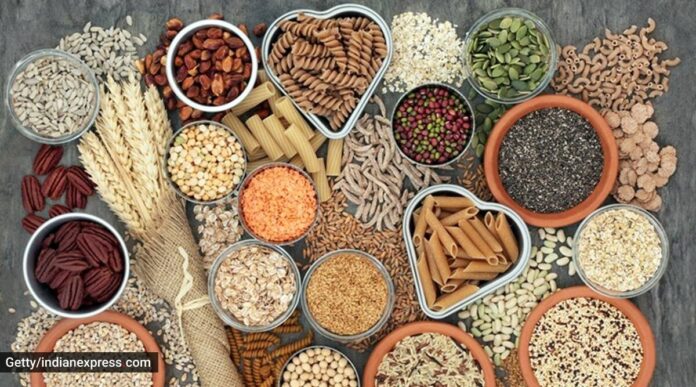AfDB puts $1.5 billion on table to head off continental food crisis
By Jeph Ajobaju, Chief Copy Editor
Another potential episode in Africa’s food shortage is being headed off by the African Development Bank (AfDB) which has approved $1.5 billion loan for about 20 million farmers on the continent.
The AfDB announced on Twitter that the facility will produce 30 million metric tonnes of food and support about 20 million farmers whose outputs are vital to plugging the supply gap created by the Russian war in Ukraine.
The war in Eastern Europe has led to a rise in food prices, especially wheat, maize, soybeans, and other grains which are the staple foods in many African countries.
AfDB President Akinwunmi Adesina insisted that “food aid cannot feed Africa” and “Africa needs seeds” instead of relying on aid to solve its food challenges, because “there is no dignity in begging for food.”
He explained that “the price of wheat has soared in Africa by over 45% since the war in Ukraine began. Fertilizer prices have gone up by 300%, and the continent faces a fertilizer shortage of 2 million metric tons.
“Many African countries have already seen price hikes in bread and other food items. If this deficit is not made up, food production in Africa will decline by at least 20% and the continent could lose over $11 billion in food production value.”
_________________________________________________________________
Related articles:
$30b World Bank food project to benefit Nigeria, others
Nigeria’s food inflation stoked by imports, forex hassles
World Bank votes $800m for poor Nigerian households
__________________________________________________________________
Inputs supply to smallholder farmers
“The African Development Bank will provide fertilizer to smallholder farmers across Africa over the next four farming seasons, using its convening influence with major fertilizer manufacturers, loan guarantees, and other financial instruments.
“The Facility will also create a platform to advocate for critical policy reforms to solve the structural issues that impede farmers from receiving modern inputs. This includes strengthening national institutions overseeing input markets,” Adesina added, per reporting by Nairametrics.
“The Facility has a structure for working with multilateral development partners. This will ensure rapid alignment and implementation, enhanced reach, and effective impact. It will increase technical preparedness and responsiveness.
“In addition, it includes short, medium, and long-term measures to address both the urgent food crisis and the long-term sustainability and resilience of Africa’s food systems.”




